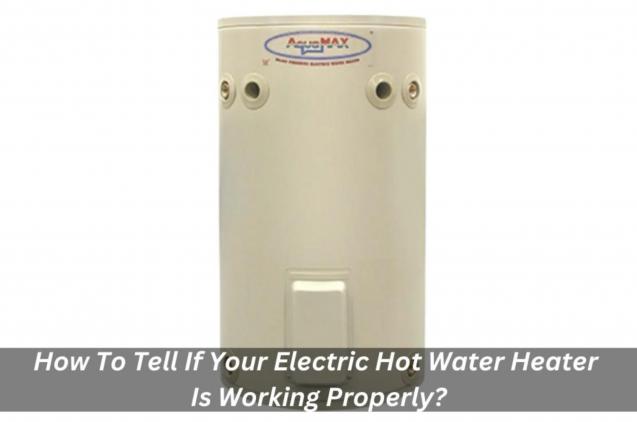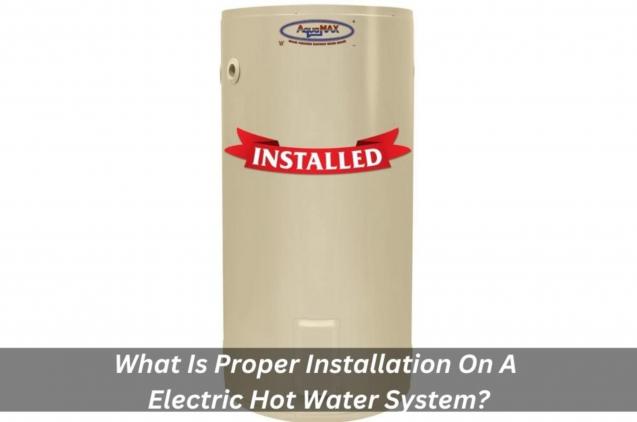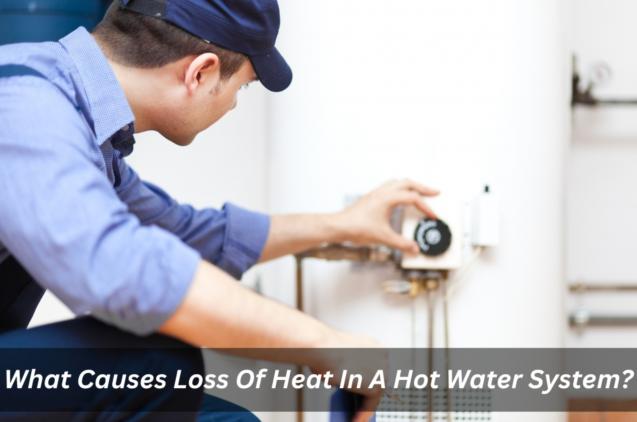
Your Guide For An Effective Hot Water System In Your Home
By Sydney Hot Water Systems|October 11, 2022
How would you describe your hot water systems? Is it working for you effectively and efficiently or is there room for improvement?
In this article, we're going to be talking about all the different aspects of a hot water system in your home.
And we'll do that by answering these two questions: how does it work? And why does it matter? So let's have a look at those questions first.
You might not think much about your hot water system when you go into your bathroom but it plays such an important role in your house.
The main function of this system is to provide hot water whenever you need it, no matter where you are in the house.
There are hot water systems that are run by gas or electricity. Some are expensive to run, buy and install. While others are considered for their energy-efficient hot water systems.
The way that this works depends on what type of boiler you have installed. You can either choose a standard domestic boiler or a combi-boiler which provides both heating and hot water.
If you chose to install a combi boiler then you will get hot water from the storage tank throughout the day as well as heat.
But if you decide to go with a standard boiler then you will only get hot water during the times that you turn on the tap.
Tips to Improve your hot water system
There are four ways to improve energy efficiency in your water heating system.
Why your hot water system won't produce hot water anymore
Hot water systems are designed to store hot water until someone needs it. They use a heat pump hot water mechanism to transfer this from the top of the storage tank down to your radiator.
However, there are a few reasons why water heater pumps wouldn't be able to transfer the hot water from the top to the bottom when required. Let's take a closer look at them.
Firstly, there might be something blocking the flow of water through your system. The most common culprit here is a dirty filter.
Secondly, your water heating system could be leaking somewhere.
Finally, you may just lack sufficient power to move the water through your tank.
When you're trying to find answers to problems that you've experienced with your system, the best thing you can do is contact a professional plumber.
Plumbers are trained professionals who understand plumbing in general and water heating systems specifically. They can quickly identify the source of your problem and come up with solutions that will fix it.
Types of Hot water system
Electric water heating system
A very basic form but is still used by millions of people every day. Most electric hot water systems work simply by connecting an electrical cable to the wall socket. They are also known as hydronic. Electric Storage Hot Water is a type of thermal energy storage that uses electricity to heat water for use in an intermittent power system.
Solar hot water system
As the name implies, solar hot water heaters rely on solar panels' energy to provide their heat and lower energy bills. These are generally cheaper as they save energy than other types of hot water systems. However, they aren't suitable for home designs that experience severe winters because solar energy can decrease during harsh weather conditions.
Natural gas water heating system
This system has been around since the early 1900s. Although the technology isn't exactly new, these were once considered outdated.
Propane water heating systems
There are similar to natural gas hot water systems except that they use propane rather than natural gas. They have become popular in countries where electricity prices are high due to the reduced running cost associated with operating these systems.
Heat Pump System
This type of system is a bit different from all the others. Heat pump systems don't need electricity or any sort of fuel to operate. Instead, they use refrigerant gases to cool the air inside your home.
Energy-efficient appliances use less electricity than traditional ones, making them better for your wallet and the environment at the same time.
In this article, we're going to be talking about all the different aspects of a hot water system in your home.
And we'll do that by answering these two questions: how does it work? And why does it matter? So let's have a look at those questions first.
You might not think much about your hot water system when you go into your bathroom but it plays such an important role in your house.
The main function of this system is to provide hot water whenever you need it, no matter where you are in the house.
There are hot water systems that are run by gas or electricity. Some are expensive to run, buy and install. While others are considered for their energy-efficient hot water systems.
The way that this works depends on what type of boiler you have installed. You can either choose a standard domestic boiler or a combi-boiler which provides both heating and hot water.
If you chose to install a combi boiler then you will get hot water from the storage tank throughout the day as well as heat.
But if you decide to go with a standard boiler then you will only get hot water during the times that you turn on the tap.
Tips to Improve your hot water system
There are four ways to improve energy efficiency in your water heating system.
- The first step is to check out your current boiler. Make sure that it's properly functioning and also that it is producing enough pressure. If your boiler isn't producing a high enough pressure then it may be time to replace it.
- The second tip is to make sure that your radiator has some airflow around it. This will help to keep the inside of your property cool.
- The third tip is to ensure that your water supply valves are connected correctly. These pipes must run straight from the mains so they don't lose any energy along the way. Finally, you should ensure that your thermostat is set correctly and that you are turning off the taps when leaving the house.
- The fourth step to improving your system is to install a smart controller. There are many benefits of having one including saving money on your bills and reducing noise levels inside your house.
Why your hot water system won't produce hot water anymore
Hot water systems are designed to store hot water until someone needs it. They use a heat pump hot water mechanism to transfer this from the top of the storage tank down to your radiator.
However, there are a few reasons why water heater pumps wouldn't be able to transfer the hot water from the top to the bottom when required. Let's take a closer look at them.
Firstly, there might be something blocking the flow of water through your system. The most common culprit here is a dirty filter.
Secondly, your water heating system could be leaking somewhere.
Finally, you may just lack sufficient power to move the water through your tank.
When you're trying to find answers to problems that you've experienced with your system, the best thing you can do is contact a professional plumber.
Plumbers are trained professionals who understand plumbing in general and water heating systems specifically. They can quickly identify the source of your problem and come up with solutions that will fix it.
Types of Hot water system
Electric water heating system
A very basic form but is still used by millions of people every day. Most electric hot water systems work simply by connecting an electrical cable to the wall socket. They are also known as hydronic. Electric Storage Hot Water is a type of thermal energy storage that uses electricity to heat water for use in an intermittent power system.
Solar hot water system
As the name implies, solar hot water heaters rely on solar panels' energy to provide their heat and lower energy bills. These are generally cheaper as they save energy than other types of hot water systems. However, they aren't suitable for home designs that experience severe winters because solar energy can decrease during harsh weather conditions.
Natural gas water heating system
This system has been around since the early 1900s. Although the technology isn't exactly new, these were once considered outdated.
Propane water heating systems
There are similar to natural gas hot water systems except that they use propane rather than natural gas. They have become popular in countries where electricity prices are high due to the reduced running cost associated with operating these systems.
Heat Pump System
This type of system is a bit different from all the others. Heat pump systems don't need electricity or any sort of fuel to operate. Instead, they use refrigerant gases to cool the air inside your home.
Energy-efficient appliances use less electricity than traditional ones, making them better for your wallet and the environment at the same time.



